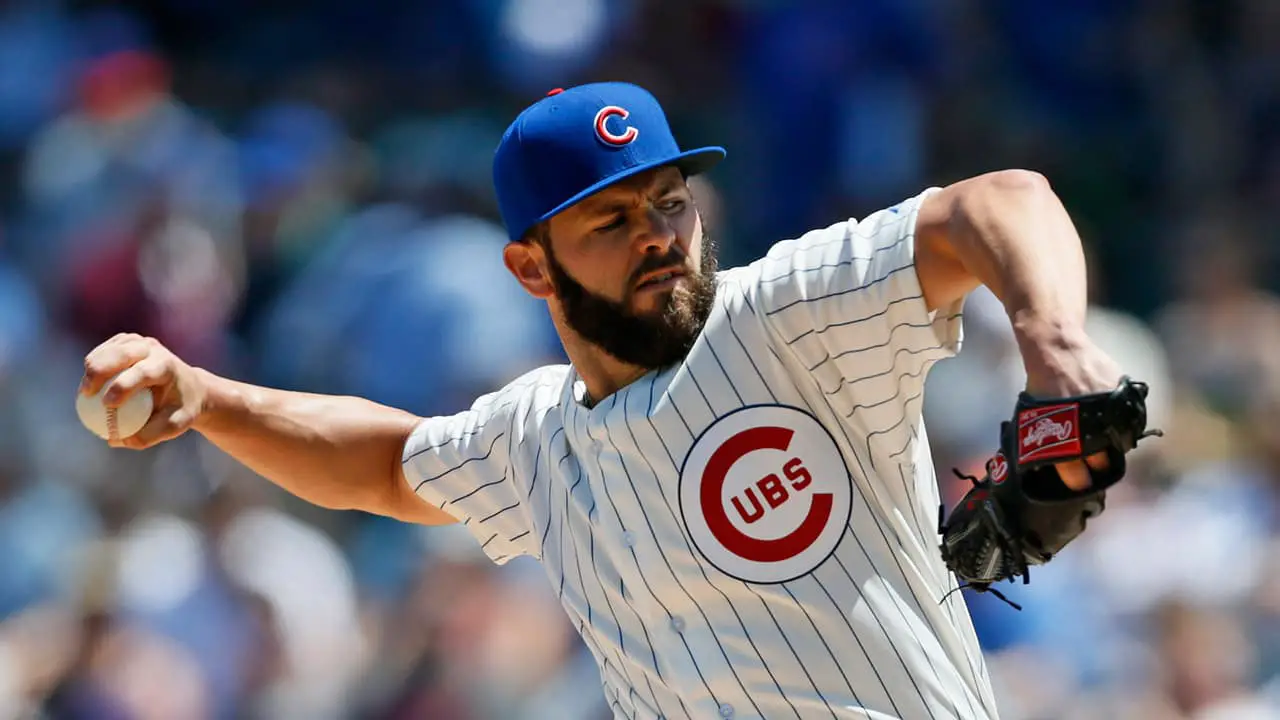
How New Qualifying Offer Rules Could Affect Cubs
With the qualifying offer deadline fast approaching, the Cubs will be extending the $17.4 million one-year option to some players while also attempting to sign some players who declined said offers from their current teams. Under the new CBA approved for 2017-21, the QO system will have a profound impact on the Cubs’ operation.
Previously, players who denied qualifying offers suffered from stringent rules. Anyone who declined a QO was essentially tagged with a first-round pick. That is, if a team signed a player who declined a QO, that team had to forfeit their highest draft pick, which usually meant a first-rounder. The MLB Players Association certainly didn’t like this outdated method because the steep cost meant their players would not make as much money.
This new system is much more player friendly, which means the Cubs could theoretically benefit from the rules. But the reality of the situation is that they likely won’t be thrilled with the rule change.
What if the Cubs sign a player who declined a QO?
In one sense, the new QO protects the Jason McLeod-led draft. Since the Cubs contribute to revenue sharing and didn’t exceed the luxury tax threshold, they would give up their second-highest draft pick and $500K of international bonus pool money for the 2018-2019 period. Not great, but better than giving up a first-rounder like they did for Jason Heyward.
If the Cubs were to sign two players who declined qualifying offers, they would still lose only $500K, but would give up the two draft picks after their first selection. The exception to that would be if Wade Davis declined a hypothetical Cubs QO and was later re-signed; in that case, the Cubs would lose neither the $500K in international money nor the draft pick.
What if a Cubs player declines a QO and signs elsewhere?
If a player on the Cubs declines a QO, the team will be given a compensatory pick after Competitive Balance Round B, which occurs right after the second round of the draft. That means if the Cubs QO Jake Arrieta and he decides to sign with another team, the Cubs will get a draft pick in the late 60’s. Before the new CBA, losing Arrieta would’ve given the Cubs a first-rounder. But hey, the possibility of getting the 69th overall pick is still somewhat nice.
What’s the overall impact on the Cubs?
We know Arrieta certainly will decline the Cubs QO and Wade Davis could decline it as well if offered one. If the front office decides to pursue Alex Cobb, who will be extended a QO, they would forfeit their second-rounder and $500K in the 2018-19 IFA period, which is when the Cubs have their international free agency restrictions lifted.
#Rays extending QO to Alex Cobb; #Rangers not expected to extend QO to Andrew Cashner, per @JonHeyman – https://t.co/uXyD3cXFyO
— FRS Baseball (@FRS_Baseball) November 6, 2017
Signing Andrew Cashner, on the other hand, would not result in a penalty because the Rangers aren’t expected to offer the tall, bearded righty a QO. We’ve mentioned the former Cub as an option for either the rotation the bullpen, so being able to pursue him without hindrances would be good.
We’ll know which former Cubs and potential Cubs targets will fall under the new rules on Monday’s qualifying offer deadline at 5pm ET.
